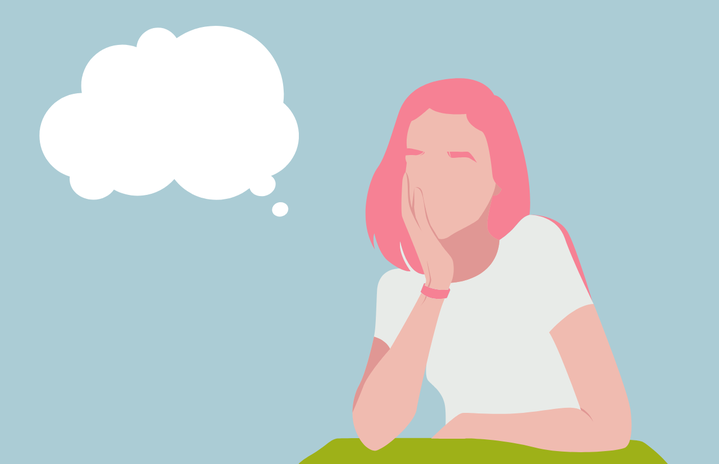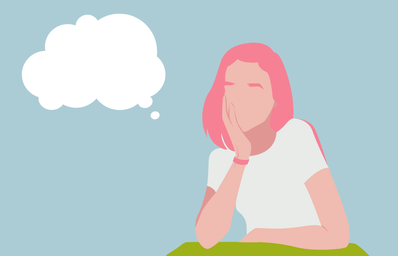Disclaimer: I am not a therapist. The tips mentioned are what works best for me and might differ for everyone.
I have struggled with anxiety since I was really little. When I was about nine years old, I had my first panic attack. I was shaking and sweating in bed, struggling to breathe. For a long time, I became convinced that something was wrong with me and that I was seriously ill. These attacks only got worse when I got older, but I found ways to deal with them, so here are some tips for tackling your anxiety based on my personal experience.
- Breathwork
-
This might be a given, but if your heart is racing and you are struggling to catch your breath, one tip everyone tells me is to hold your breath for 4 seconds and gently exhale for another 4 seconds while feeling your diaphragm.
- Distract yourself
-
One of the best things to do that always helps me when I’m anxious is distracting myself. Your distractions could be anything from drawing to just talking to a friend. Doing this will help bring your thoughts to one thing and forget what you were worrying about.
- Getting fresh air
-
Oxygen is essential for your brain and your lungs. Going for a walk and getting fresh air has so many benefits, including reducing stress, increasing your energy, improving your mood and physical health. Oxygen is thought to affect serotonin levels released in the body, contributing to feelings of happiness and relaxation.
However, if you are experiencing feelings of anxiety during the night and can’t go for a walk, the best thing you can do is open your window so that you don’t feel claustrophobic.
- Engage all of your senses
-
This is another way to distract yourself when you’re feeling overwhelmed, and you can’t bring your attention to just one thing; something that helps me is to engage all of my senses by naming five things I can see, smell, taste, hear, feel and then describe them. This form of mindfulness will help you to feel more present and focus your attention on yourself.
- Drink water
-
Dehydration is a common side effect and trigger of panic attacks. When experiencing a panic attack, some of the symptoms you might feel are headaches, muscle aches/fatigue, increased heart rate, and lightheadedness. Therefore, drinking water helps you boost your energy, promote brain function, and eliminate toxins in your body.



